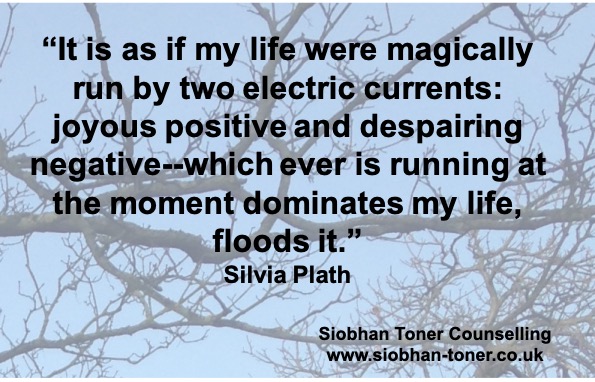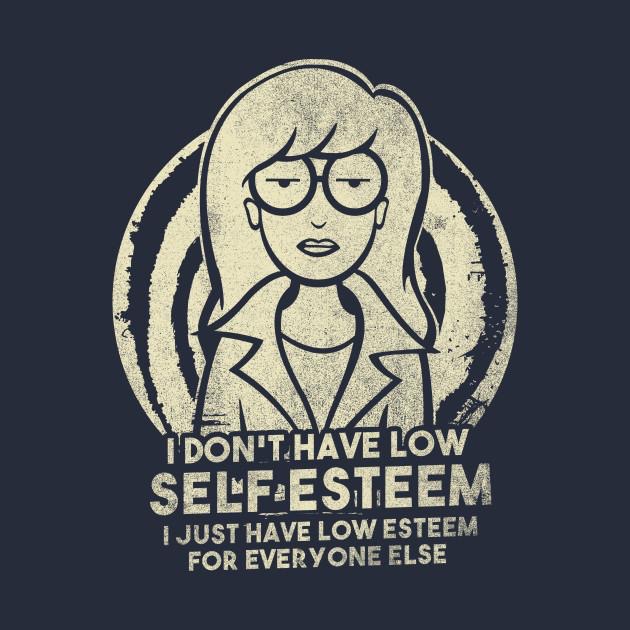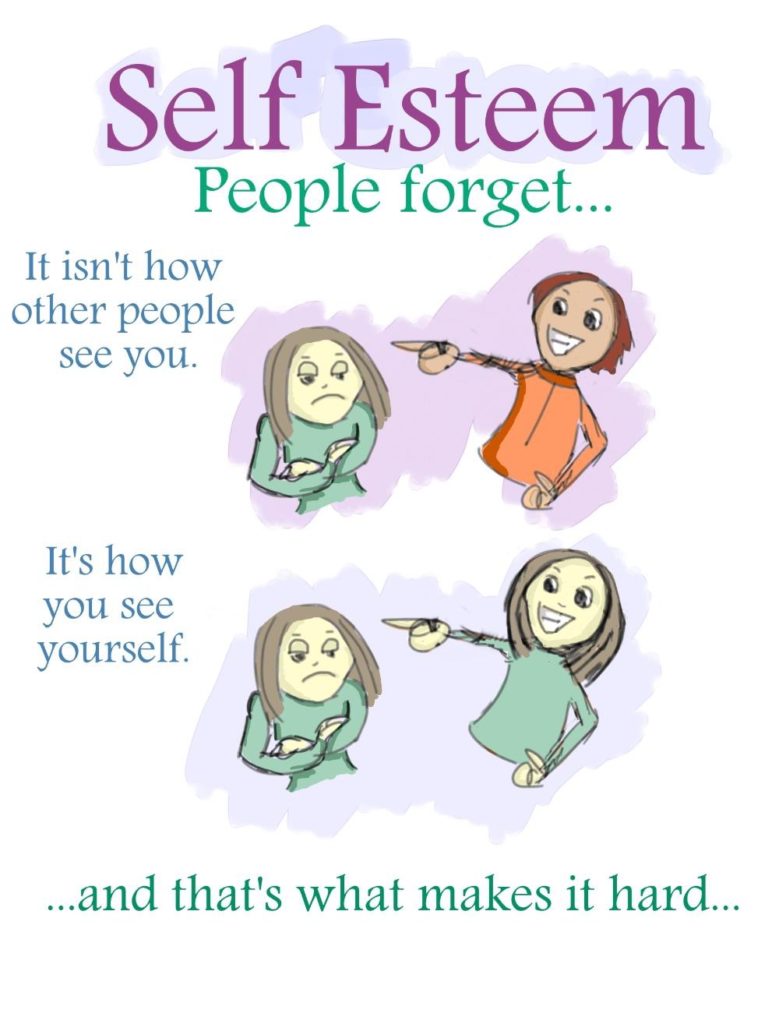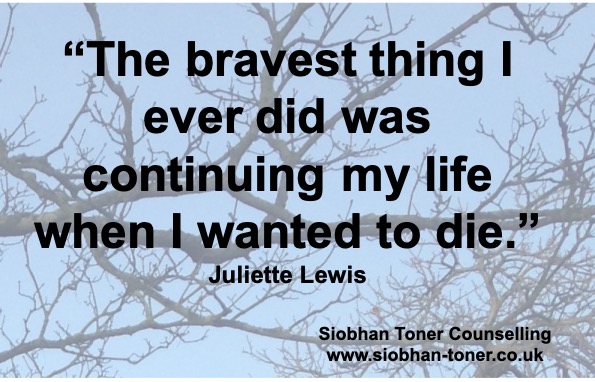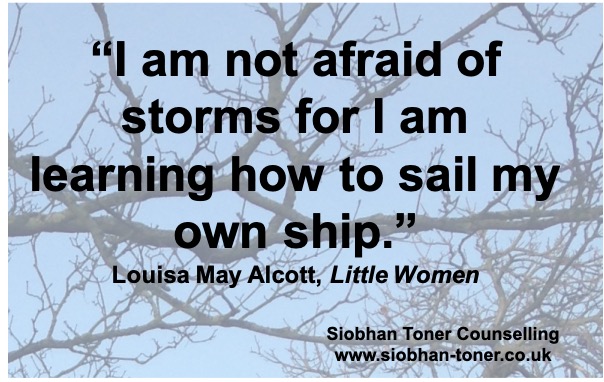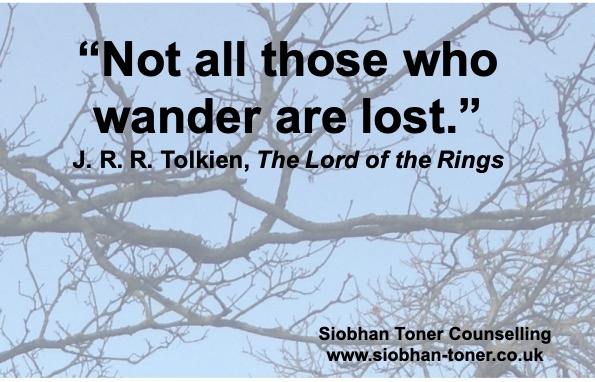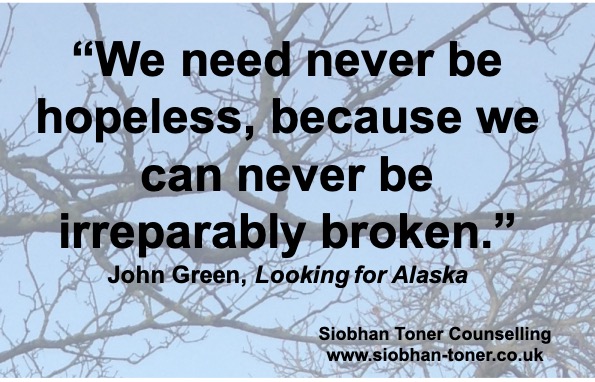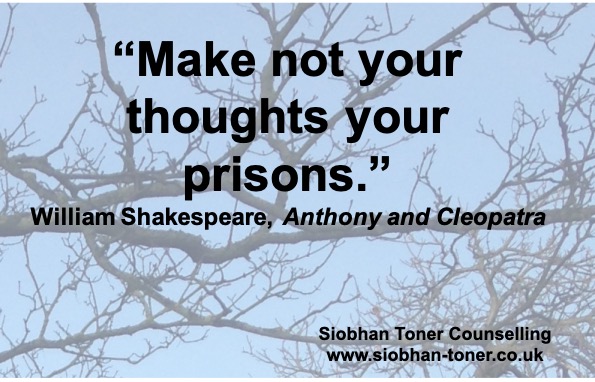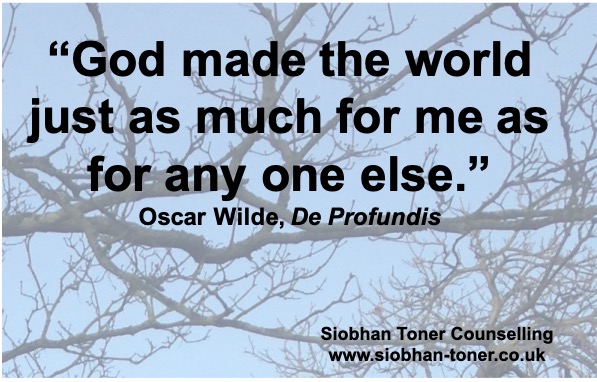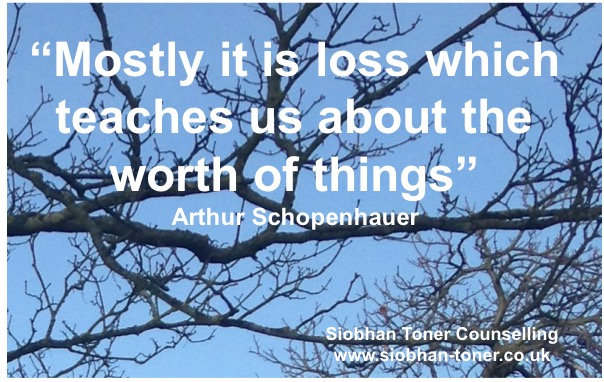What’s it really like to have counselling?
This is the question that so many people have before they start.
We see so many portrayals of it in the media, some positive, some not.
It doesn’t have to include a couch! My old office for my face to face work did have one but every client just sat on it.
In our initial assessment I will have some things that we need to cover. The first is around my contract and boundaries of confidential. This is to ensure you know what you are working and ensures you feel safe with those. It wouldn’t be ethical for me to let you tell me loads of things that I then have to disclose as you didn’t know I would have to do that.
The second thing I like to get a feel for is why you want to come to counselling. Not everyone says all the things that are bothering them as this point but it does give me an opportunity to assess if I have the skills and experience to work with you. Again this is about keeping you safe and not offering you something I can’t work with. For example I am not trained to deliver exposure therapy so I am not the person to help you overcome a fear of flying or spiders.
The first sessions usually go one of two ways. The client comes and has loads they want to say and have someone hear so I don’t say much at all.
Alternatively the client isn’t sure where to start and I might invite them to talk about themselves by asking them general questions about themselves and their life.
Each client is unique so it can take time for us to get to know each other better.
Counselling is all about the relationship between us; I don’t mean that the client is going to hear all about who I am as well. I mean that the client can see if they feel able to share their problems with me. If they can’t do that then the therapy can only go so far.
This relationship can take time which is why I ask clients to give it a few sessions unless they absolutely hate it or they already have got what they want out of it.
The more we build our relationship the more the client is able to explore what is going on for them and find some healing.
Why does this experience of therapy brings about change though, that’s another big question. It doesn’t always, let’s be honest about that. Sometimes it the relationship not working as effectively as it could; sometimes it’s just not the right point in the clients life. Too much may be going on to give the therapy the space it needs or they don’t have the best support network around them.
Yet when all these things do come together clients can make amazing changes.
The process is enhanced by have someone who is there for you completely for a fixed period of time every week. It becomes all about you which is quite a unique experience for most of us yet once we become used to it then the work really begins.

